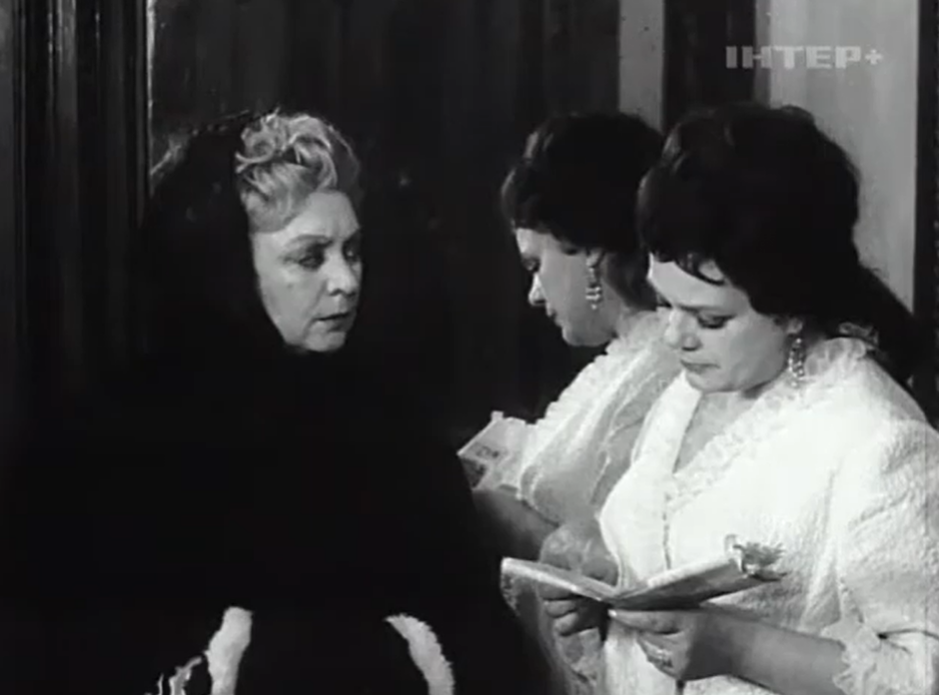
- Title:
For the Family Hearth, a 1970 film
- Author:
- Year:
- 1970
- See more:
- watch the film
- Original language:
- Ukrainian
Related sources:

“Świat Płciowy”on prostitution in Lviv, article 1905
This article was published in Lviv' monthly Świat Płciowy (Sexual World) and was based on 1904 statistics. In the Habsburg Empire prostitution was controlled by police registration. The system of control distinguished two forms of sexual trade - registered and unregistered prostitution. Persons suspected of the latter were subject to legal prosecution. Prostitutes had to undergo regular medical check-ups at their own expense and pay for treatment if needed. These circumstances were one of the most obvious motives for avoiding entering the register. According to Nancy M. Wingfield's research, 90% of women who worked in the sex trade in the late Austrian Empire were not registered with the police. In early 20th-century Galician...
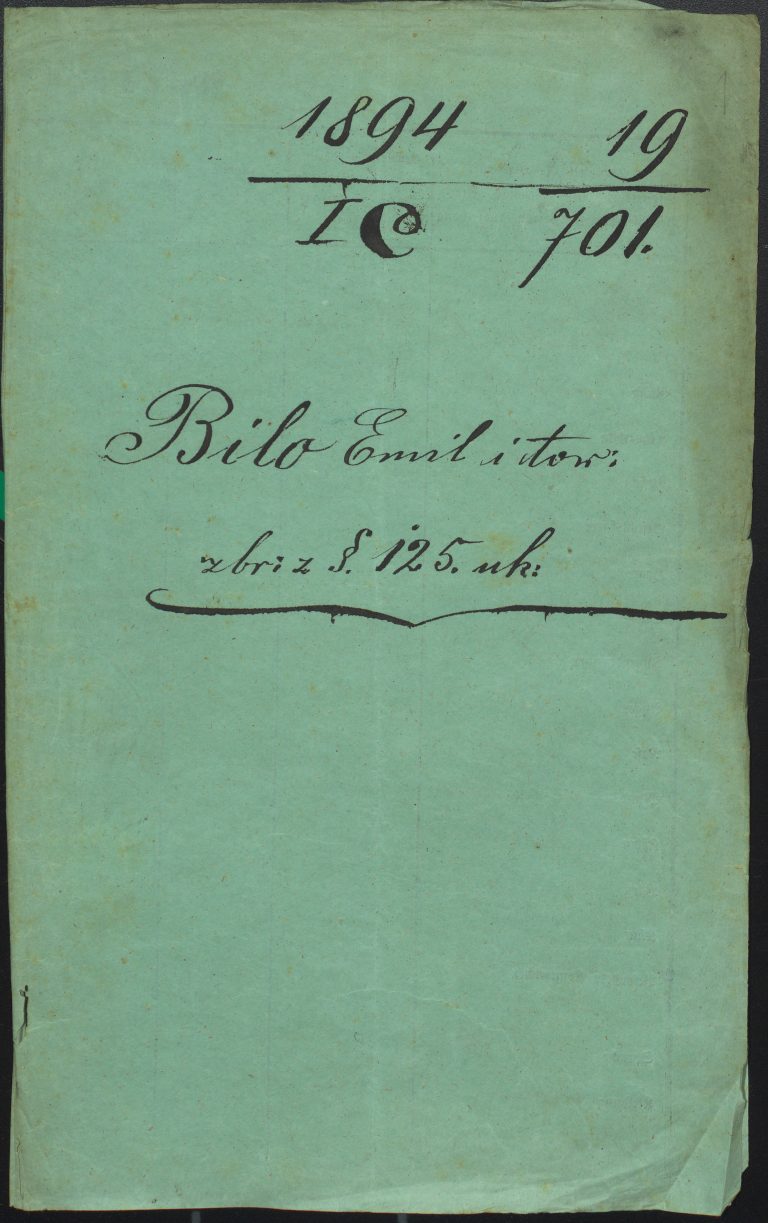
The Emil Bilo Rape Case, Lviv, 1894
The submitted text is part of a criminal case considered by the Criminal Division of the Lviv Regional Court in 1894 against four men accused of raping a woman named Maria Kopanska. The selected fragment is the testimony of the plaintiff, as well as of a witness Danyil Voloshyn. The event occurred on September 10, 1893, at about 11 p.m. in the Zhovkva neighborhood of the city, near the Brygidka prison. The presented document shows the peculiar nature of the information the judges requested from the injured party. This information was supposed to confirm not only the fact that the offense had been committed against the woman but also to justify her right...
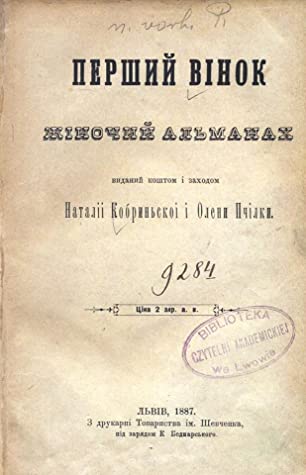
Anna Pavlyk Essay “Worker girl” Lviv, 1887
It is a polemical essay by a young Ukrainian socialist, Anna Pavlyk, about urban female workers and the challenges of their status as wage-earners and low-paid participants in the urban labor market. Anna knew about the peculiarities of this status from the first month. The woman worked as a seamstress or a maid for most of her life. The essay was published in Lviv in 1887 in a women's almanac, "The First Wreath." It was initiated and published by writers Natalia Kobrynska and Olena Pchilka as the first Ukrainian-language publication of women authors. Anna Pavlyk attempts to produce a collective portrait of the lowest strata of the social ladder – the daughters of...
![Image for The Morality of Mrs. Dulska, 2013 TV Movie [Moralność pani Dulskiej]](https://edu.lvivcenter.org/wp-content/uploads/2022/10/moralnosc-pani-768x508.jpg)
The Morality of Mrs. Dulska, 2013 TV Movie [Moralność pani Dulskiej]
It is a screen adaptation of the same name work by the Polish writer Gabriela Zapolska, written in 1906. The play's plot reveals the problem of social inequalities and moral degradation of the Galician society at the turn of the nineteenth and twentieth centuries, where these inequalities were crucial. The author chose female characters as protagonists. According to literary critics, the prototype of the main character in this text, Aneli Dulska, was a prominent Lviv-based author, Mrs. Golanbova (pani Gołąbowa). The prototype’s name is also associated with a Lviv woman named Czeslawa Dulska. In response to a survey published in 1905 by the famous local newspaper Wiek Nowy, she described her housekeeping system...
In the 19th century, the gender pact dividing public and private spheres, as man-owned and women-inhabited, found its most solid reasoning. In this vision, the city as the most obvious embodiment of public life, seemed to be male by default. Women in the city were taken as potentially threatened. This was evidenced by a number of prohibitions, which could include not only certain places inaccessible to women, such as universities in Lviv until the late 1890s, but also ordinary everyday experiences that they could claim only at the cost of their own reputation. In this module, historian Ivanna Cherchovych will try to look at the city from its women's experiences.
On Sunday, September 10, 1893, at about 11 p.m., in the vicinity of ul. Rappaporta, Maria Kopańska, a maid, was attacked by four men — Stanisław Julian Starzewski, Michał Bendyk, Antoni Równy and Emil Bilo. The company was returning from a restaurant on ul. Szpitalna. As they later admitted, they "had been drinking vodka and beer" there. On ul. Rappaporta they saw Maria, who was walking home alone from a wedding. For the woman, the encounter ended in a gang rape. The court proceedings, which soon began on the victim's claim, although confirming the fact of violence, released three defendants from criminal liability. The fourth one, Emil Bilo, was never brought to trial,...
Worked on the material:
- Research, comment
Ivanna Cherchovych
Comments and discussions

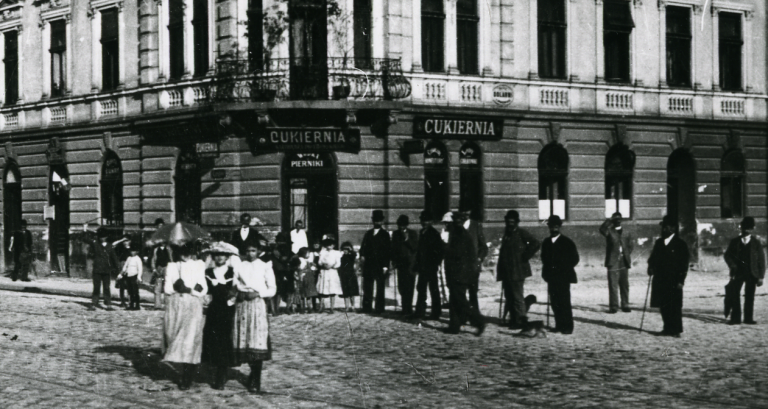
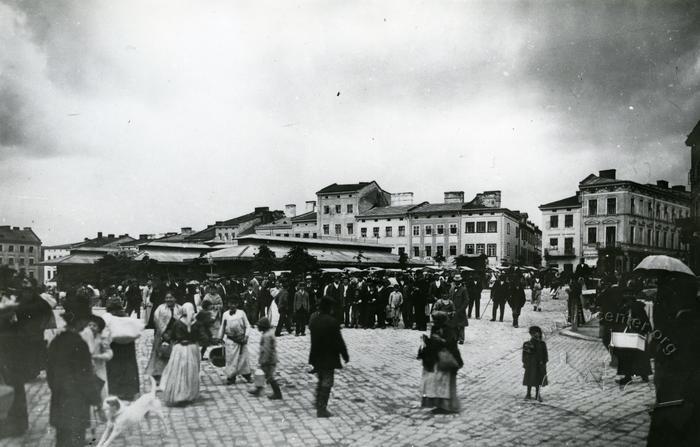
The film is an adaptation of the novel of the same name by Ivan Franko, written in 1892. In his story, the problem of sexual slavery (or “white slavery” in the terms of those times) and women’s engagement as its victims and enablers. The author’s choice of topic must have been influenced by the lawsuits against human traffickers that were actively taking place in Galicia at this time. One of the most high-profile cases was the Lviv trial in 1892 against 27 traffickers (men and women) accused of organizing sexual traffic abroad. The investigation confirmed 29 cases of selling girls from Galicia to brothels in Constantinople, Egypt, and India. The “white slavery” usually depicted women as victims used by “others” (i.e., not their husbands), by Turks (traffic to the Middle East), Spaniards (South America as one of the popular destinations), or Jews, mainly due to their numerical prevalence among traffickers involved in the sex business. Peculiarly, the discourse of others absorbed the responsibility of your own who enabled prostitution in the Austrian Empire. Paradoxically enough, “domestic prostitution” that could obviously engage women through force did not cause any zealous concern from the authorities. And this is although the role of male clients from the middle and upper class was indisputable. They apparently supported prostitution, using the services of prostitutes. Researcher Tracie L. Wilson provided explanations for this selectivity. She pointed out that the discourse about international sex trafficking was, among other things, related to the image of Austria-Hungary. The fact that many prostitutes had Austrian citizenship hurt the imperial prestige, especially in the context of the then Austrian-Turkish relations and the rivalry over control of Southern Europe (here, it should be mentioned that Constantinople was one of the most popular destinations for sex slaves). Therefore, the paternalistic position of the state about the “innocent girls” who needed to be saved came not only from the intention of saving them but also as a response to a loss of face and rapid migration processes, which consequences the state tried to manage independently.